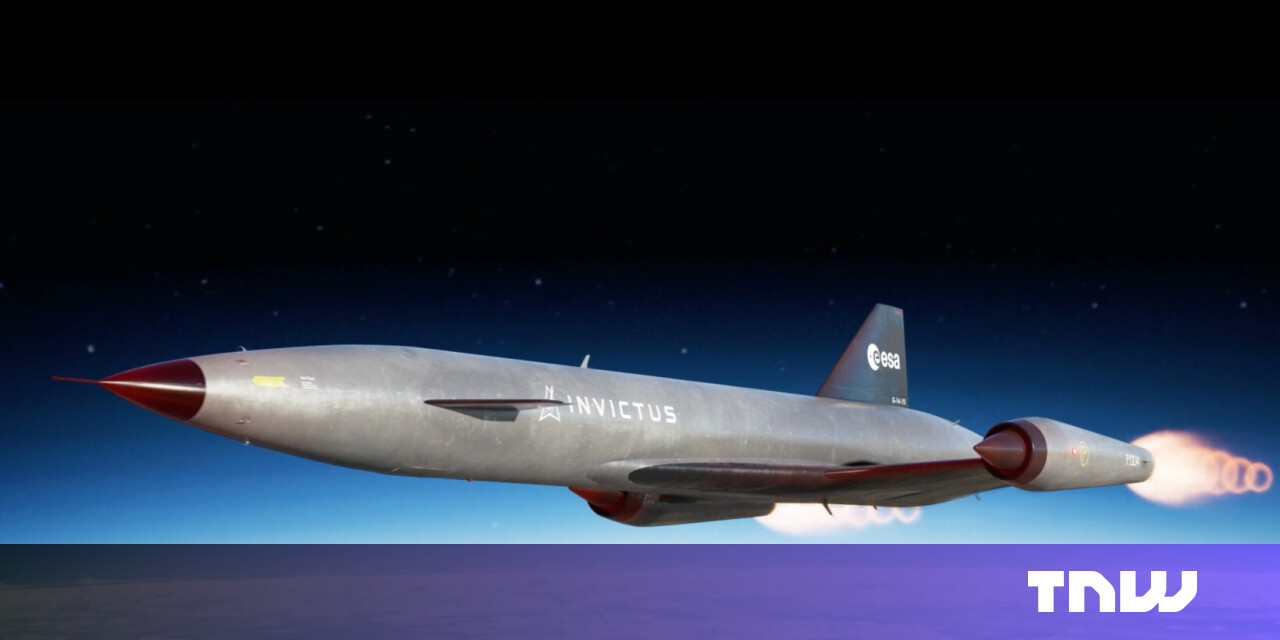Reviving Hypersonic Dreams: European Project to Build Hydrogen-Powered Spaceplane by 2031
Key Ideas
- Invictus, an ESA-backed project, aims to revive bankrupt Reaction Engines' air-cooled propulsion system for a hydrogen-powered spaceplane by 2031.
- The spaceplane, powered by hydrogen, is designed to fly at Mach 5, with a reusable and eco-friendly air-breathing propulsion system.
- The project, funded by ESA, plans to deliver a concept design by mid-2026, leveraging precooler technology to cool incoming air at hypersonic speeds.
- The consortium, led by Frazer-Nash Consultancy, aims to revolutionize access to space by offering a cost-effective, reusable alternative to traditional rockets.
Invictus, a new European Space Agency (ESA)-backed project, is on a mission to revive a bankrupt company's air-cooled propulsion system for hypersonic planes. The project, led by British aerospace and defense company Frazer-Nash Consultancy, aims to build and fly a hydrogen-powered spaceplane by 2031. This spaceplane, utilizing precooler technology developed by Reaction Engines, promises to fly at Mach 5 and take off horizontally from a runway. The innovative air-breathing propulsion system, powered by hydrogen, offers lower emissions and longer endurance than traditional jet fuel engines. The project, funded by ESA, plans to deliver a concept design by mid-2026 focusing on the hydrogen-fueled system. The precooler technology, which rapidly chills incoming air using cold hydrogen fuel, is crucial for countering extreme heat at hypersonic speeds. With hopes of revolutionizing space access, the consortium envisions a future where spaceplanes offer a reusable and cost-effective alternative to rockets. With industry support and expertise, including engineers from Frazer-Nash with decades of experience, the consortium is optimistic about turning this ambitious vision into reality.
Topics
Projects
Innovation
Research And Development
Space Exploration
Aerospace Technology
British Engineering
ESA Project
Latest News
